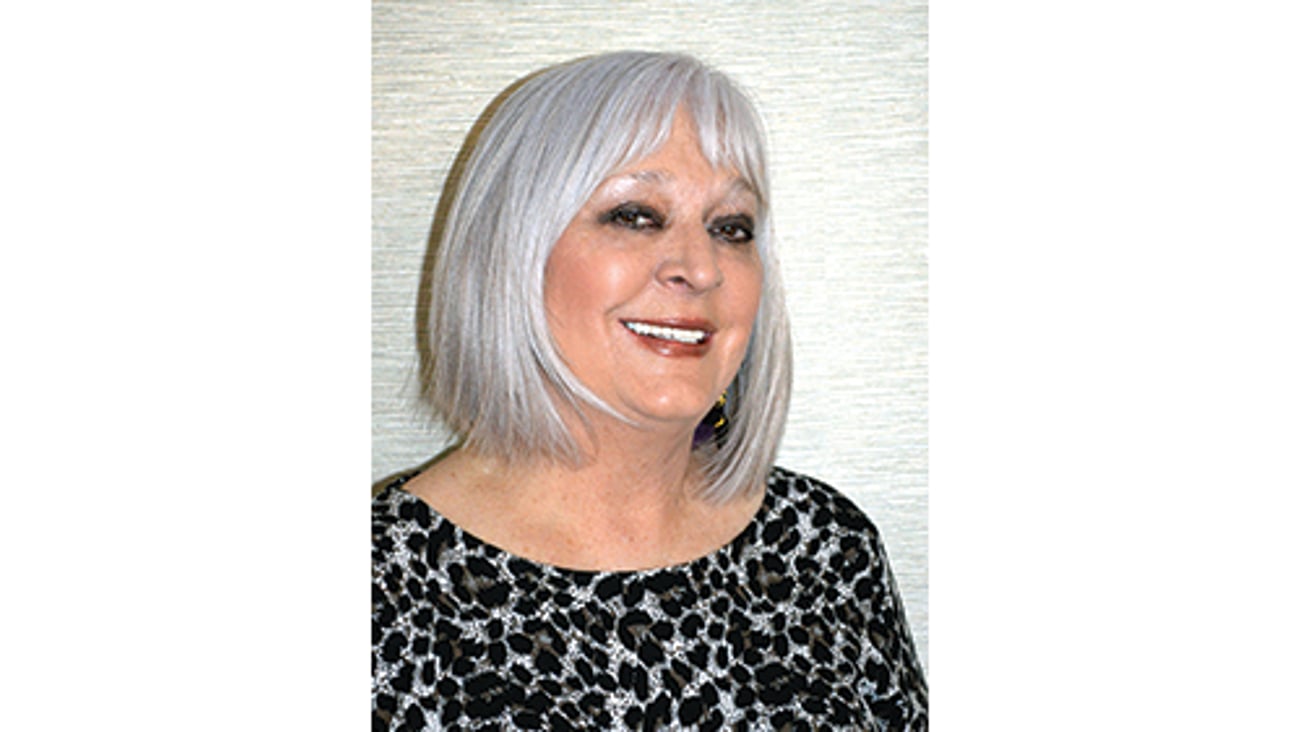Invest in pharmacists to improve patient outcomes
When patients lack resources like food, housing, economic and social relationships, transportation and education, important routines such as managing medications and prioritizing personal health can become a challenge. In fact, the World Health Organization says that these “social determinants” can have a more significant impact on a patient’s overall health than healthcare access or lifestyle choices.
An innovative philanthropic program spearheaded by leading global medical technology company BD (Benton, Dickinson and Company), determined that pharmacists, particularly those who serve low-income patients, can help solve this challenge. They realized the value of this role. They support clinical pharmacists to go beyond medication dispensing to better help patients optimize medication use and address the social determinants that can have positive health outcomes. Recently published, peer-reviewed research in the Journal of the American College of Clinical Pharmacy demonstrates that BD’s insights hold value.
[Read more: CVS Health report highlights need for expanded role of retail pharmacists]
Since 2017, BD has worked with nonprofit partners Direct Relief and the National Association of Community Health Centers to invest $26.8 million in funds and products in the BD Helping Build Healthy Communities program. It’s a philanthropic effort that empowers pharmacists working at Federally Qualified Health Centers — many of whose patients live below the federal poverty line — to provide Medication Therapy Management, Comprehensive Medication Management and, most recently, services that address social determinants of health.
Since 2017, BD has worked with nonprofit partners Direct Relief and the National Association of Community Health Centers to invest $26.8 million in funds and products in the BD Helping Build Healthy Communities program. It’s a philanthropic effort that empowers pharmacists working at Federally Qualified Health Centers — many of whose patients live below the federal poverty line — to provide Medication Therapy Management, Comprehensive Medication Management and, most recently, services that address social determinants of health.
The recent research published in JACCP found that when six of the program’s participating health centers empowered pharmacists to deploy a novel mix of approaches that address social determinants of health, like nutrition counseling, remote patient monitoring, telehealth visits and community health worker support, patients showed very specific, measurable health improvements. For example, patients experienced significant reductions in clinical outcome markers such as glycosylated hemoglobin and blood pressure.
[Read more: Walgreens eliminates task-based metrics for pharmacy staff]
So, what does this mean for players in the healthcare space?
As pharmacists continue to demonstrate their value in addressing the needs of underserved populations, individuals, companies and organizations that prioritize quality patient care should advocate for the passage of legislation like HR 2759, which helps codify the structure for reimbursement for pharmacists who provide these types of services.
This philanthropic initiative should also attract the attention of payers interested in value-based care innovations, which prioritize care quality over the quantity of care delivered. This kind of rigorous evaluation definitively documents that pharmacists can play a vital role in maximizing patient outcomes when they are empowered to, and appropriately compensated for, addressing social determinants of health.
Companies like BD that have made Environmental, Social and Governance commitments to improving the health of the communities where their employees live and work should also take note: Investments that empower pharmacists to practice at the top of their license and meet the holistic needs of their patients are investments that are very likely to pay off.
Sonak Pastakia is a professor within the Purdue University College of Pharmacy and the Center for Health Equity and Innovation who has led independent research into the impact of the BD Helping Build Healthy Communities initiative.





